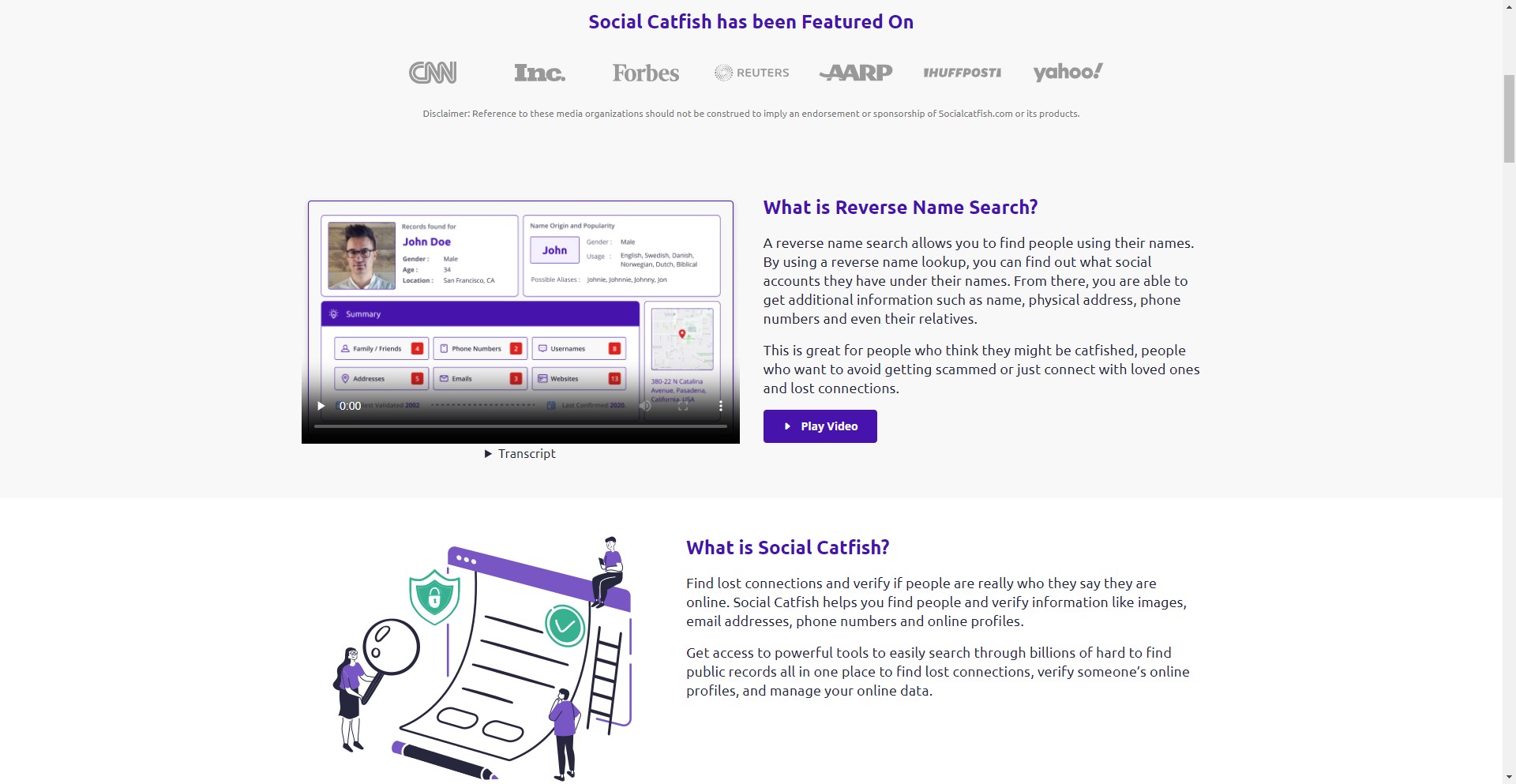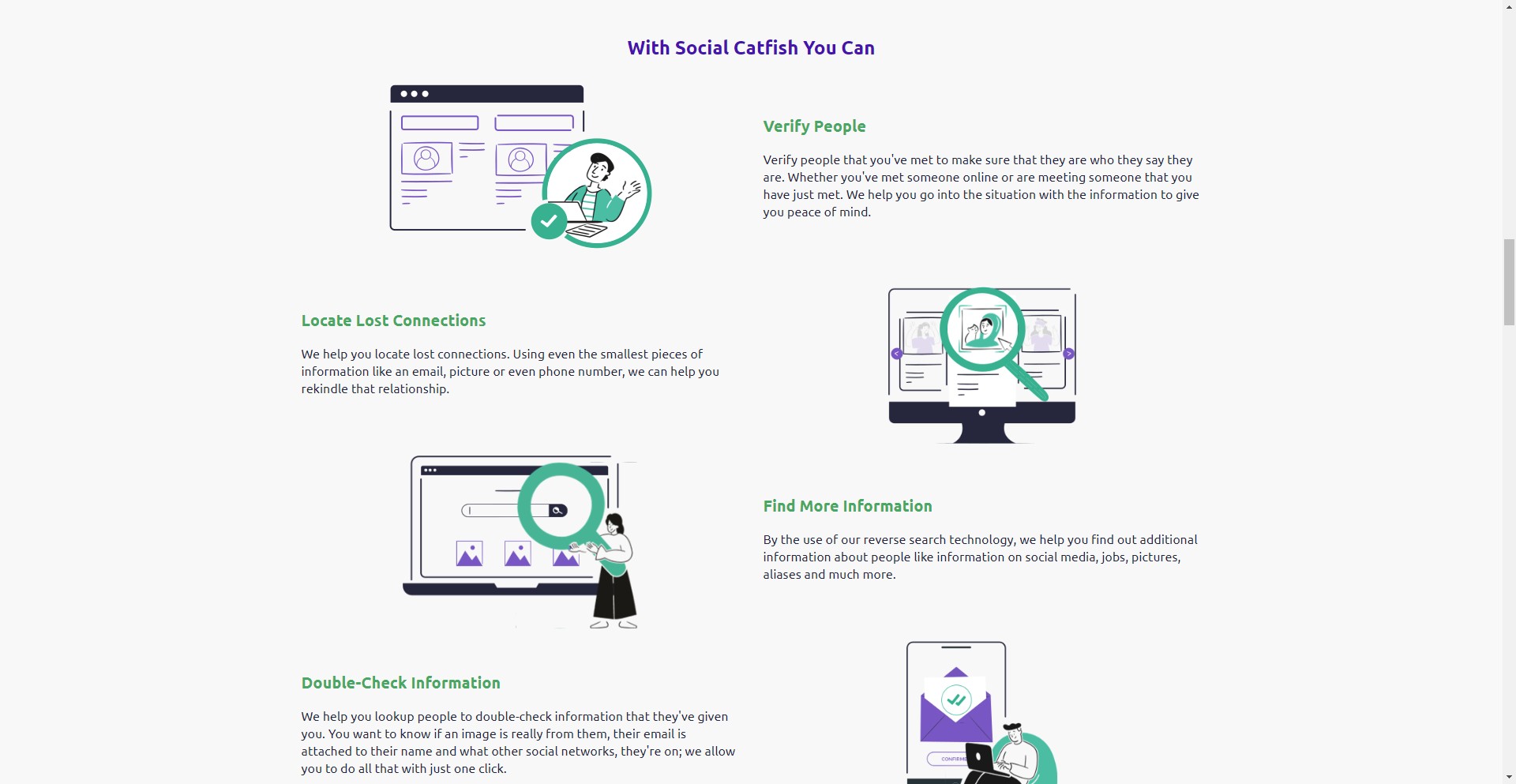In today’s digital age, our online presence is more important than ever. From connecting with friends and family to conducting business transactions, the internet has become an integral part of our daily lives. However, with this increased connectivity comes the need for heightened online safety measures. In this blog post, we will explore the importance of safeguarding your personal information, provide tips for finding people online effectively, discuss the dangers of online scams, highlight ways to stay aware and educated on current trends, and delve into parental controls for ensuring children’s safety in cyberspace. Let’s dive in!
How to Protect Your Personal Information
One of the first steps in ensuring your online safety is to protect your personal information. Start by being cautious about what you share on social media platforms and other websites. Avoid oversharing details like your full name, address, phone number, or financial information unless absolutely necessary.
Use strong and unique passwords for all your accounts to prevent unauthorized access. Consider using a password manager to securely store and manage your login credentials. Be wary of unsolicited emails or messages asking for sensitive information – always verify the sender’s identity before responding.
Keep your devices updated with the latest security patches and antivirus software to defend against potential threats. Enable two-factor authentication whenever possible for an added layer of protection. Remember, safeguarding your personal information is key to staying safe in the digital realm!
Tips for Finding People Online
Are you trying to reconnect with an old friend or long-lost relative? Finding people online can be a useful tool, but it’s important to proceed with caution. Start by using reputable websites and social media platforms that prioritize user privacy and security.
When searching for someone, be mindful of the information you share about yourself. Limit the personal details you disclose to protect your own privacy. Utilize advanced search options on search engines or specific people-finder websites to narrow down your results effectively.
Consider reaching out through mutual connections or friends who may have additional information that could help in locating the person you’re searching for. Remember to verify the identity of individuals before sharing sensitive information to avoid falling victim to scams or phishing attempts.
Take advantage of online resources like public records databases and professional networking sites for more targeted searches. Keep in mind that patience is key when trying to find someone online – persistence coupled with discretion can lead to successful outcomes!
The Dangers of Online Scams
The internet has opened up a world of possibilities for connecting with others and accessing information at our fingertips. However, along with these benefits come the risks of falling victim to online scams. Scammers are constantly evolving their tactics to deceive unsuspecting individuals and steal their personal and financial information.
One common type of online scam is phishing, where scammers send fraudulent emails or messages pretending to be from reputable companies in order to trick people into revealing sensitive data like passwords or credit card numbers. Another prevalent scam is fake websites that mimic legitimate ones, luring users into entering their details unknowingly.
It’s crucial to stay vigilant and cautious when interacting online. Always double-check the legitimacy of websites before providing any personal information, and be wary of unsolicited messages asking for sensitive data. By staying informed about the latest scam trends, you can better protect yourself from falling prey to malicious actors on the internet.
Staying Aware and Educated on Current Trends
Staying up-to-date with current trends in online safety is crucial in navigating the ever-evolving digital landscape. It’s important to keep yourself informed about new tactics scammers may use to target unsuspecting individuals. By staying aware of emerging threats, you can better protect your personal information and avoid falling victim to malicious schemes.
One way to stay educated on current trends is by following reputable sources that provide updates on cybersecurity issues. Websites, blogs, and social media accounts dedicated to online safety can offer valuable insights into potential risks and how to mitigate them effectively.
Attending webinars or virtual workshops on cybersecurity can also help you stay informed about the latest trends in online threats. These resources often feature experts who share their knowledge and provide practical tips for enhancing your digital security measures.
Moreover, joining online communities or forums focused on cybersecurity can be beneficial as members often share real-time updates on emerging threats and offer support in addressing security concerns proactively. By actively engaging with such platforms, you can enhance your awareness of current trends in online safety and collaborate with like-minded individuals committed to promoting a secure digital environment.
Parental Controls for Children’s Safety
In a world where online safety is paramount, it is crucial to take proactive steps to protect yourself and your loved ones. By implementing parental controls for children’s safety, you can ensure that they navigate the digital landscape securely. Stay informed about the latest trends in online security and educate yourself on how to avoid scams. Remember, staying aware and cautious online is key to safeguarding your personal information and privacy. With these tips in mind, you can browse the internet with confidence and peace of mind.




















